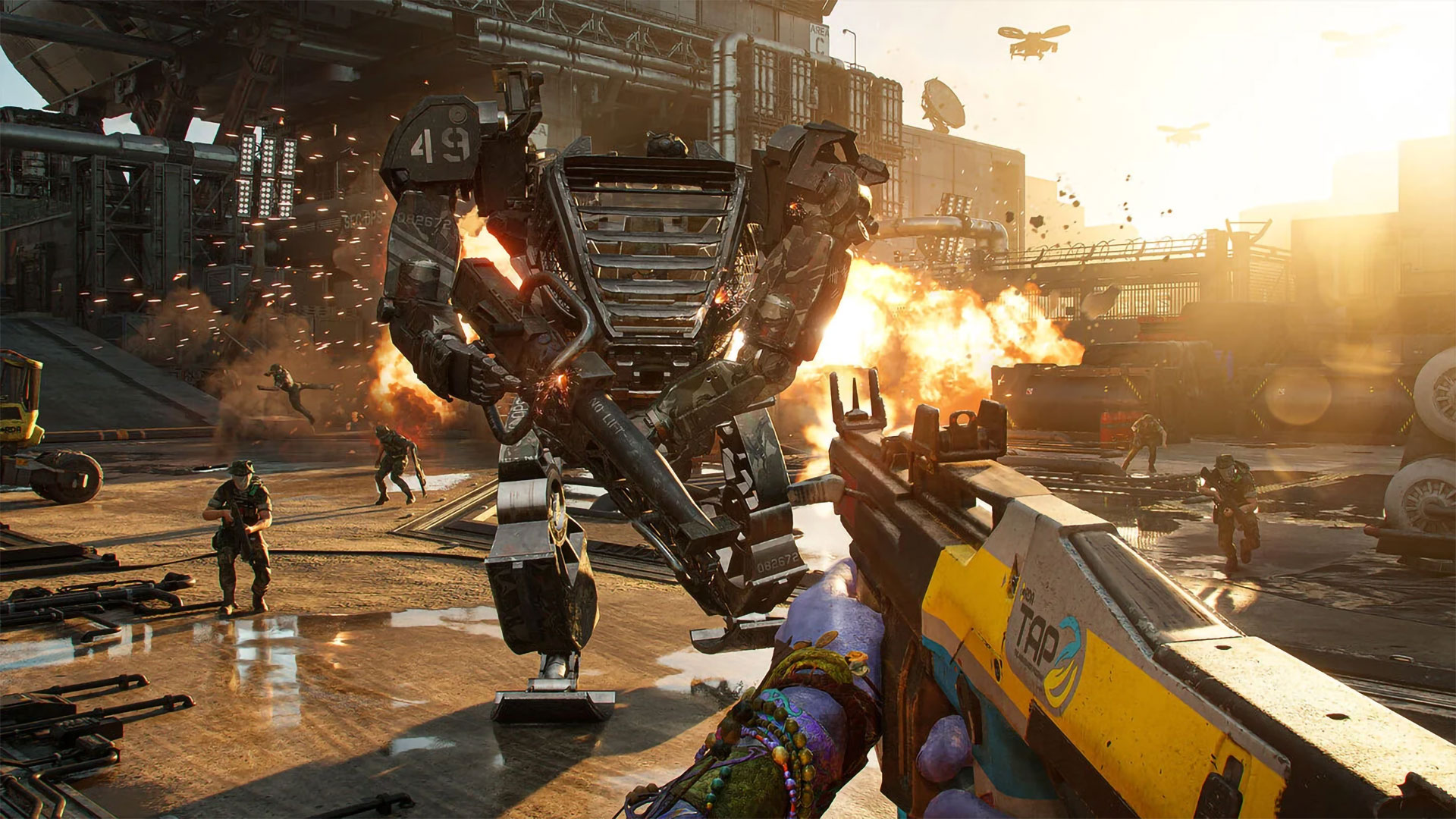
Speaking to The New York Times, several game developers and some industry figures spoke out about how the gaming industry's AAA studios couldn't reasonably handle the stress of creating cutting-edge graphics— particularly in light of major waves of layoffs throughout the past two years, and several high-fidelity AAA games underperforming in the market. Even live service games, which are known to be cash cows when successful, are noted to be a mature market and thus a dangerous investment, particularly when end users tend to despise particularly greedy live service business models.
As former Square Enix executive Jacob Navok noted to The New York Times, "It's very clear that high-fidelity visuals are only moving the needle for a vocal class of gamers in their 40s and 50s. But what does my 7-year old son play? Minecraft. Roblox. Fortnite."
While this may be a somewhat reductive take, there's certainly truth to it when one considers just how much the most popular titles veer toward being playable on low-to-mid-range hardware rather than high-end PCs. For example, the broader genre of single-player action games has mostly diminished to Soulslikes and gacha games a la Genshin Impact. While Soulslikes usually look good, they aren't typically operating with an entire AAA budget and are often hard-capped to 60 FPS. Meanwhile, most gacha games are playable on mobile phones, with standard ports playable on low-end PCs or last-gen consoles.
For most players, it seems that even if you have high-end hardware, pushing it to its absolute limits isn't necessarily the priority. Relatively unambitious live service games aren't either, considering the brutal failures of Sony's Concord and Warner Bros. Discovery's Suicide Squad: Kill The Justice League, cited by the New York Times.
Kill The Justice League is a notable example. It was billed as a sequel to the immensely popular Batman Arkham series of single-player hand-to-hand action games, but it is now rebilled as a live-service third-person shooter. Studios are not doing a particularly good job listening to their audiences when these mistakes cost hundreds of millions of dollars.
One independent developer quoted by The New York Times had particularly cutting comments about the industry's current status, especially regarding greater generative AI adoption. Rami Ismail, co-founder of development studio Vlambeer, known for titles including Nuclear Throne and Luftrausers, remarked, "The idea that there will be content from AI before we figure out how it works and where it will source data from is really hard."
Rami continues, "How can we as an industry make shorter games with worse graphics made with people who are paid well to work less? If we can, there might be short-term hope. Otherwise, I think the slow strangulation of the games industry is ongoing."
Considering how unsustainable AAA gaming practices seem—at least in terms of keeping people employed, the executives are well-paid—Rami is almost certainly correct. The question is: Will things change, and if so, will they take a form gamers can actually appreciate?







